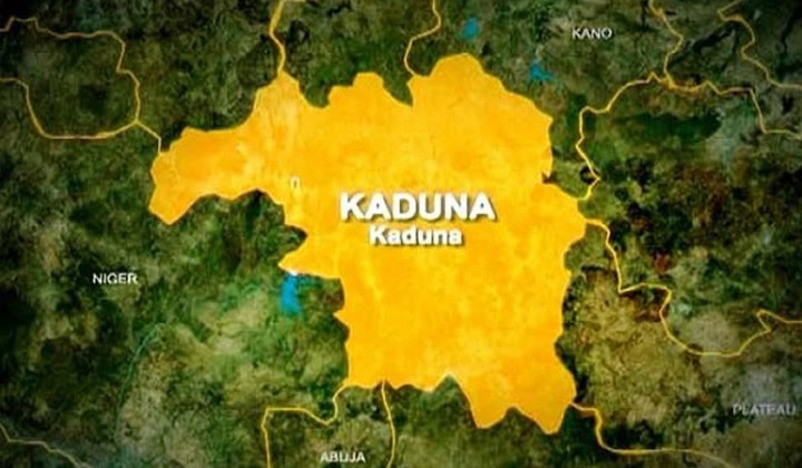Kaduna State Government has unveiled plans to train and graduate approximately 32,000 learners annually through its newly established Institute of Vocational Training and Skills Development. The initiative aims to tackle unemployment and build a skilled workforce to support the state’s economic growth.
Commissioned by President Bola Ahmed Tinubu in June, the Institute operates across three campuses located in Rigachikun, Soba, and Samaru Kataf. Each campus is equipped with modern facilities designed to provide practical, lifelong skills to learners from Kaduna State and beyond.
The Institute offers training in 14 accredited trades, certified by the National Board for Technical Education (NBTE). These trades include:
-
Painting and Decoration
-
Masonry
-
Tiling
-
Plumbing
-
Carpentry and Joinery
-
Welding and Fabrication
-
Electrical Installation
-
Aluminium Fabrication
-
Refrigeration and Air Conditioning
-
Solar Installation
-
Mechatronics
-
Computer Hardware Repairs and Maintenance
-
Catering and Hospitality
-
Fashion Design
READ ALSO: Kaduna health workers celebrate as Sani approves new salary structure
Speaking on the significance of the programme, Kaduna State Commissioner for Information, Malam Ahmed Maiyaki, described the Institute as “a bold step towards youth empowerment and economic growth.”
He added:
“The 14 trade areas are carefully selected to address critical manpower needs in construction, energy, ICT, hospitality, and the creative industries. We are confident that graduates of this Institute will not only find employment but also become self-employed and create opportunities for others.”
The Institute employs a training model under the Nigeria Skills Qualification Framework, which delivers 80 per cent hands-on practical sessions in workshops and real workplace environments.
Enrolment is open year-round, with morning and afternoon shifts to widen access. The programme also prioritises inclusion, offering special consideration to women, persons with disabilities, and vulnerable groups such as the Almajiris.
READ ALSO: Kaduna begins ₦72,000 minimum wage payment, NLC demands full implementation
Short-term courses lasting three months lead to NSQ Unit Certificates or Institute Competence Certificates, while medium and long-term programmes spanning six to twelve months culminate in full NSQ qualifications at Levels 2–4.
The Provost of the Institute, Malam Husaini Haruna Muhammad, emphasised the practical nature of the training:
“Our focus is on producing graduates who are workplace-ready. With 80 per cent of training being practical, our learners gain real-life competencies in their chosen trades. These skills are relevant not only to Nigeria’s economy but also competitive on the global stage.”
The teaching staff comprises qualified instructors, master craftspersons, and retired industry professionals, ensuring learners benefit from both theoretical knowledge and decades of practical experience.
With full NBTE accreditation, the Institute forms part of the Federal Government’s Technical and Vocational Education and Training (TVET) initiative. The programme commenced with an initial intake of 2,000 learners, targeting 16,000 graduates in its first phase, before scaling up to its goal of 32,000 learners annually.



